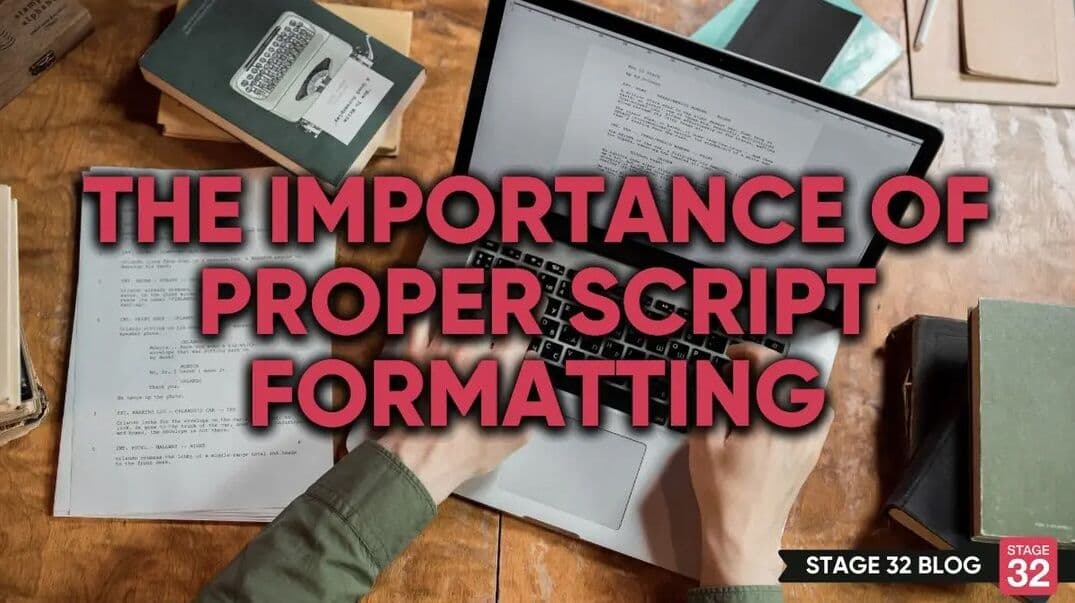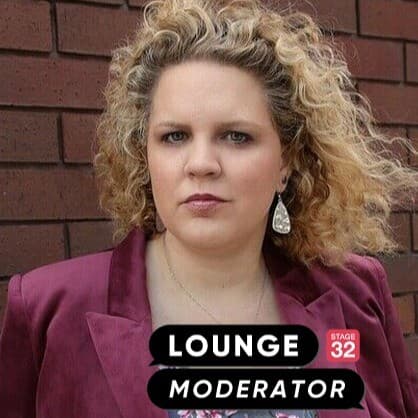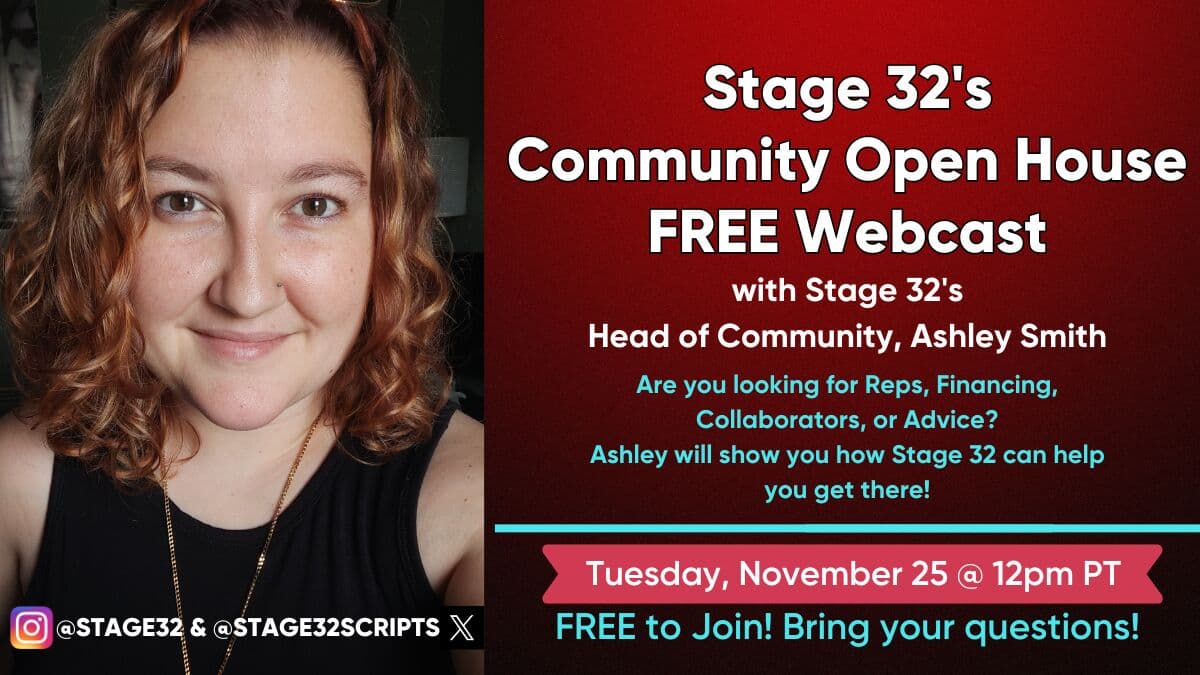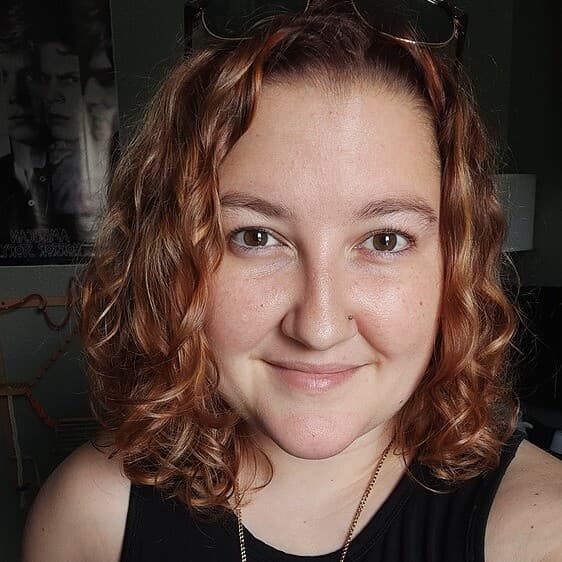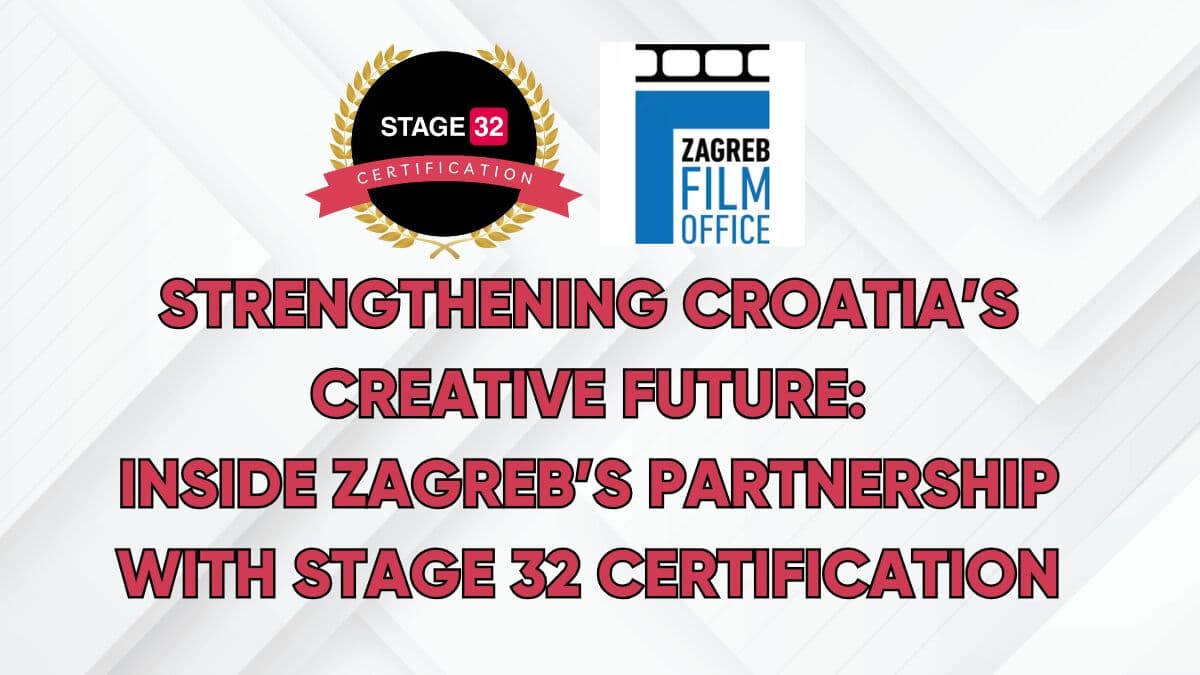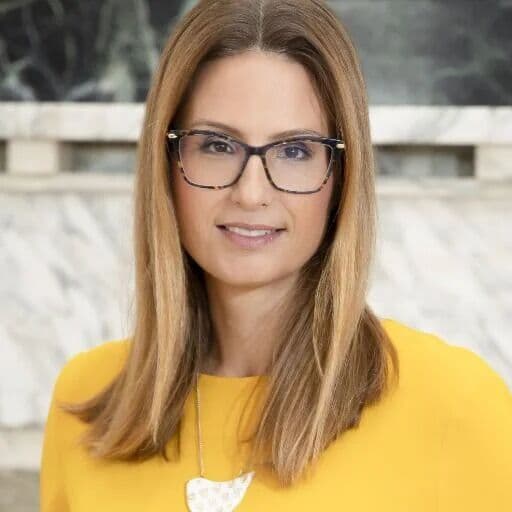What I Learned Making My First Feature Film on a Micro-Budget
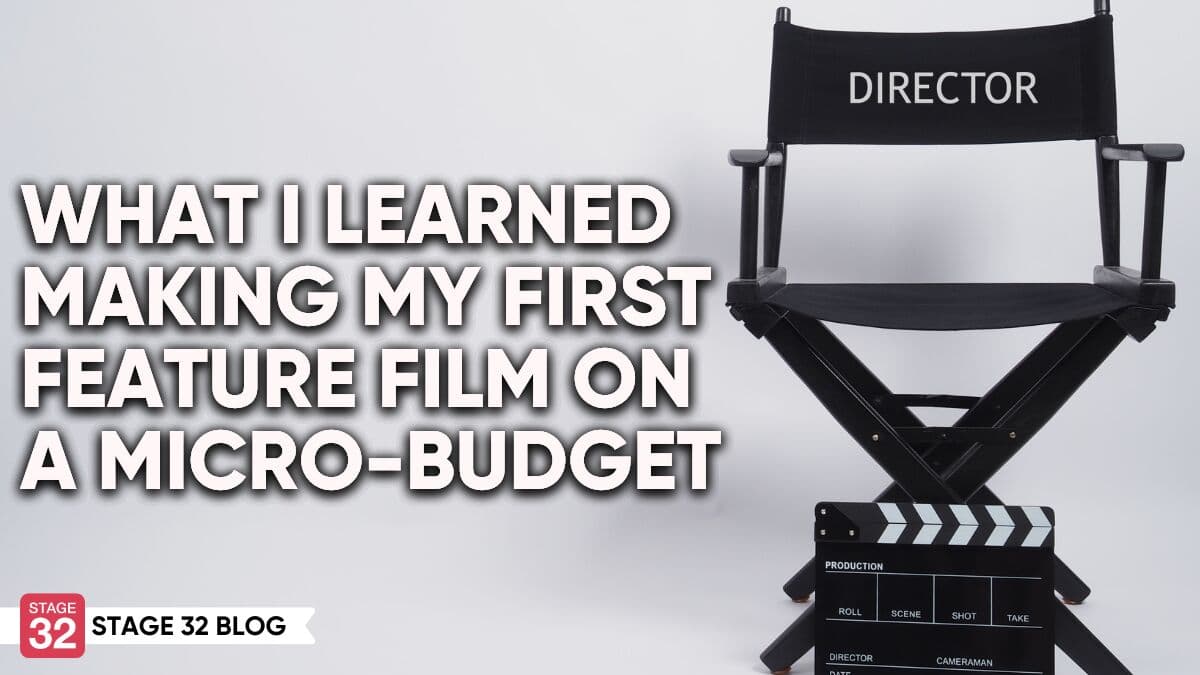
What I Learned Making My First Feature Film on a Micro-Budget
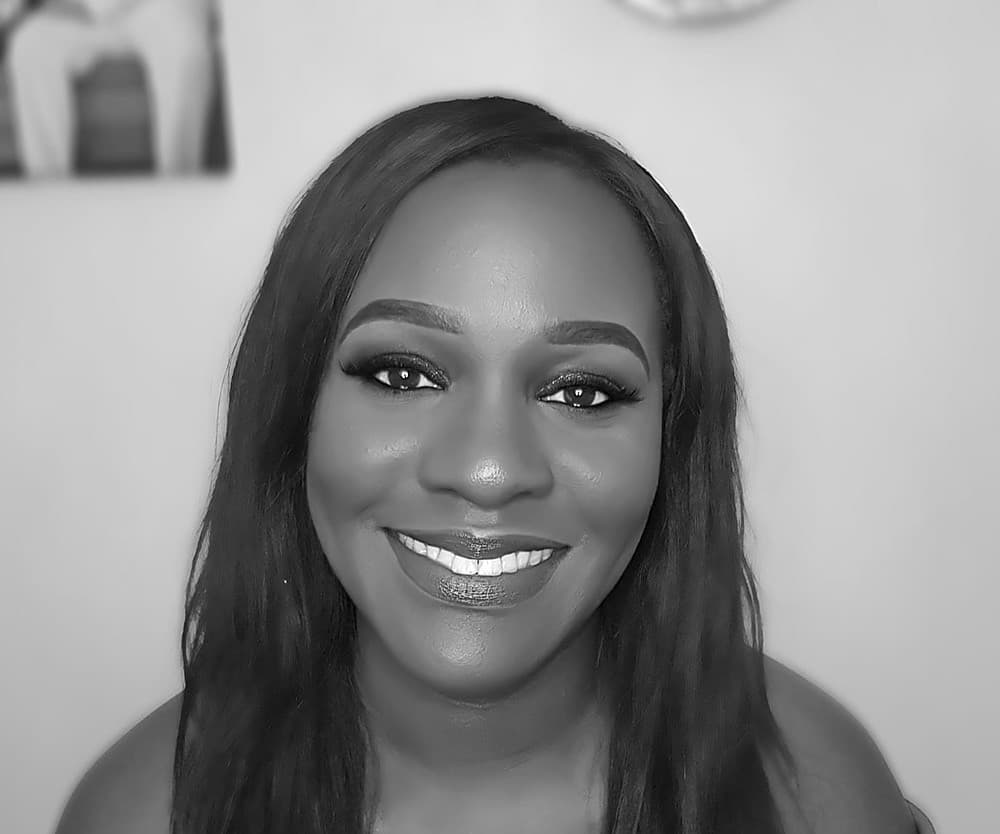
Some folks say making a movie is like a marmite; you either love it or hate it. The desire to get into filmmaking started a long time before I made my first short docu-drama HUSH in 2003, which got screened at Cannes Film Festival and picked up an award at the UK's BFM International Film Festival. As a child, I was a lover of films and stayed up till the early morning hours, staring at my dad's action movies, watching the works of Bruce Lee, Chuck Norris, and Clint Eastwood on the VHS player. Also, I was quite mischievous, curious, and provocative, whose vivid and wild imagination created a lot of stories; those stories baffled my parents, especially when I used the stories to try to wiggle myself out of a sticky situation. As a child of immigrants, I was constantly reminded that writing wouldn't pay bills or put food on the table; a degree would do just that. So, my artistic and creative buzz, which kept me awake for many nights, slowly flickered out.
Fast forward to 2002, with my degree in my back pocket, I fell back in love with my first love - writing. Just before the pandemic in 2019, I shot a short drama, The Likelihood, and in February/March 2020, I shot the short Film and proof of concept (POC) for Purple Beatz. I initially intended to use the vehicle to boost my profile and sharpen my craft and skillset in directing and screenplay writing. However, COVID's entrance radically changed that plan, so I returned to the drawing board and decided to stretch the story and take it on a different path - a feature film.
Once completed, I reached out to friends and opened my piggy bank to see if I could gather funds to shoot it. I intentionally wrote the script, bearing in mind that the budget will be minimal, so locations, cast, and equipment may have some impact. So, I avoided drafting scenes where quality and authenticity may have to be compromised due to cost.
Luckily for us, although COVID was a curse to the world, it opened some doors for us. We shot in pristine locations that were closed down for months and were prepared to charge us for less. Also, I secured an excellent, multi-talented cast and crew to come on board to help bring this vision to life.

Running the show as the director, writer, and producer (initially), I was adamant that we must get the best out of all parties involved to get film distribution. We were picked up by Trinity and 101 Films for global distribution. Before shooting Purple Beatz, I spent time learning online and attended a Stage 32 course on film distribution strategy. I wanted to learn about the type of deals the distributor offers, MGs, contractual agreements, ROIs, why social media and marketing are essential, and how we look for the right distributor that will fit. These critical elements were crucial, and the producer and I explored this while scouring for a distributor. It was vital that I educate myself, and it was helpful for me when we did secure our distribution.
When the rough-cut sequence was put together, I knew we had achieved that. Purple Beatz was a success, and distributors will come along. To say the production of Purple Beatz was a smooth sailing ship would be a fabrication.
So what were the lessons learned?
• Ignore the naysayers. When making a feature film, especially with a micro-budget, the critics would make noise about all sorts of stuff (as if you shot with a million dollars) but you have to creatively re-adjust to get a specific tone, style, or look within the budget range you are shooting on, so it maybe different. The critics will ignore that getting the film shot, edited and distributed is a mammoth task in itself in the world of independent filmmaking/cinemas. So always remind yourself that the critics would never be able to do what you've done without a doubt, so cut yourself some slack. Don't let their words convince you to believe your work has no value.
- Before you make a musical-driven movie, reach out to the publishers/estates of the tracks you plant to use first. Ideally, before principal photography. I learned that music in film could get messy and expensive if you shoot without getting the greenlight and clearance from the publishers/estates first.
- When shooting on a micro-budget, ensure you are transparent with your crew. Lack of transparency causes friction and a potential diversion from the creative process.
- Make sure you surround yourself with people who wholeheartedly believe in your project, from pre to shoot to post to distribution. Otherwise, when people you believe in let you down or show you a side you never knew, you will be pissed and feel like you've been blindsided.
- Make sure you have team members that are the best in their craft and are open when ideas are shared.
- Listen to your gut. If you have to do a reshoot, do it. On the day of the wrap, I was adamant that I would not do any reshoots. However, during the post, I realized we needed some fillers, so I had to create new scenes to give the character a bit more depth.
- Ignore the naysayers. When making a feature film, especially with a micro-budget, the critics would make noise about all sorts of stuff on a filmmaker, having to creatively re-adjust to get a specific tone, style, or look within the budget range your are using. The critics will ignore that getting the film shot, edited, and distributed is a mammoth task in itself in the world of independent filmmaking/cinema. So always remind yourself that the critics would never be able to do what you've done without a doubt, and cut yourself some slack. Don't let their words convince you to believe your work has no value.

Before venturing into the world of features after building a portfolio of shorts, music videos, etc., you must be confident in the quality of your work, have faith in yourself, trust the process, and be ready for the onslaught that would arise. If you are not there yet, re-think, re-strategize, create more shorts and strengthen your mental and creative capacity. This would be the best way to proceed if you want to make another feature after your debut. There is no joy in moving from shorts to features and then being denied the chance to make another feature because of the trivialities you failed to address when your feature debut came out.
During the production of Purple Beatz, we had our fair share of pitfalls and challenges, such as ensuring we didn't get shut down due to COVID and working on a social-distanced set (thankfully, no one tested positive during the shoot). Purple Beatz heavily features music, and the world of music clearance and licensing is a beast. I was humbled by the experience and appreciated the complexities of filmmaking, and I would do it all again without blinking.
Let's hear your thoughts in the comments below!
Lola will be doing an Instagram Live session with Stage 32 on Wednesday, November 9th, 2022 at 10am PST. Make sure you have your questions ready about making the feature PURPLE BEATZ. You can also catch the film on Digital and VOD across all major platforms!
Got an idea for a post? Or have you collaborated with Stage 32 members to create a project? We'd love to hear about it. Email Emily at emily@stage32.com, and let's get your post published!
Please help support your fellow Stage 32ers by sharing this on social. Check out the social media buttons at the top to share on Instagram @stage32, Twitter @stage32, Facebook @stage32, and LinkedIn @stage-32.
About the Author

Lola Atkins
Director, Screenwriter, Producer
Lola Atkins is a Director, Screenwriter and Producer. A multitalented Award-Winning filmmaker born and raised in Hackney, London. In 2003, her directorial debut was the award-winning 'HUSH', screened at the Short Film Corner in Festival De Cannes, and The BFM International Film Festival (Won - Be...
